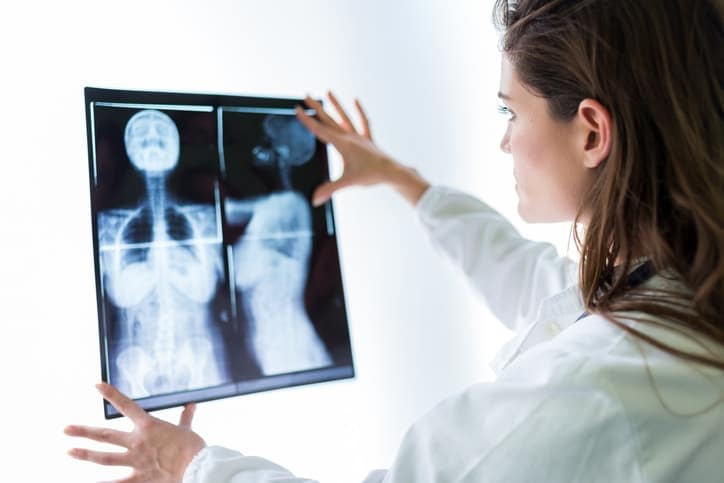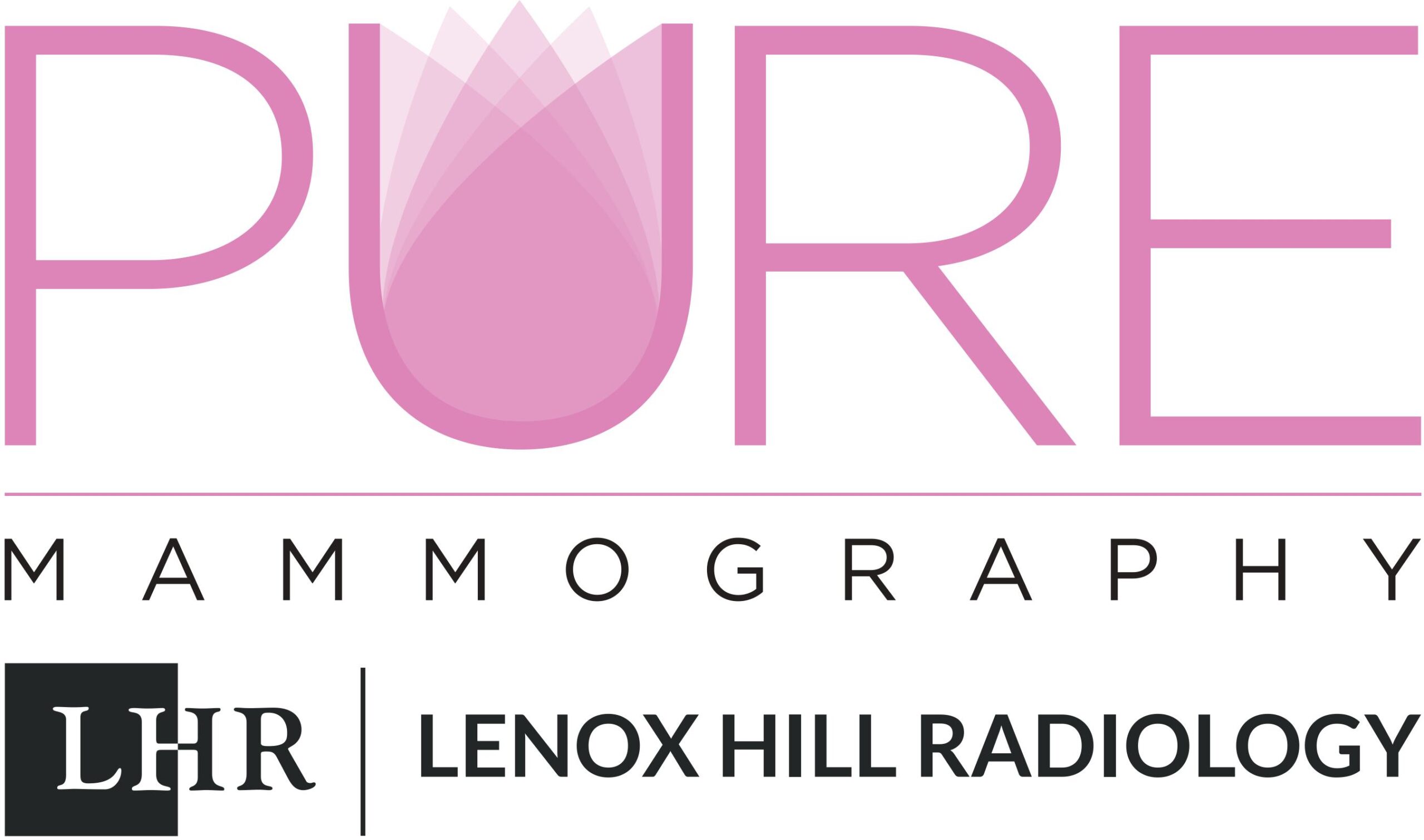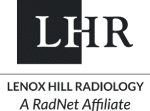What Does it Mean to Have Dense Breasts?

What Is Dense Breast Tissue?
Breast tissue is comprised of the following: milk ducts, milk glands, dense supporting tissue, and non-dense fatty tissue. If you have a higher percentage of supporting tissue than fatty tissue, you have dense breasts. The condition is completely normal and can change as you age. Dense breast tissue is more common for the following groups:
- Younger Women: More women in the 40 and 50-year age group have dense breast tissue. Density is usually less in women 60 and older, but some women will retain breast density throughout their lives.
- Premenopausal Women: Breast density is higher for this group.
- Women Taking Hormone Therapy: Breast density is higher for women taking combination hormone therapy to reduce the symptoms of menopause.
How Do I Find Out if I Have Dense Breast Tissue?
Your doctor will inform you if you have dense breast tissue after reading the results of your mammogram. Using a system called BI-RADS, your doctor will assign you into one of four levels of breast density:
- Fatty Tissue: One in 10 women has breast tissue that is almost completely fatty tissue.
- Scattered Fibroglandular Density: 40 percent of women fall into this category where the majority of the breast is fatty but some areas are dense.
- Heterogeneously Dense: Most of the breast tissue is dense, but there are areas of fatty tissue. This category applies to 40 percent of women.
- Exceptionally Dense: Almost all of the breast is dense supporting tissue. Ten percent of women fall into this category.
How Does Dense Breast Tissue Affect Mammograms?
Dense breast tissue shows up as white on a mammogram while fatty tissue is dark. This white appearance on film or digital images makes it harder for a radiologist to discern abnormalities on a mammogram because they are likely to blend in with normal dense tissue.
Women with extremely dense breasts have a higher risk of breast cancer although the reason is not known. However, women with dense breasts who don’t have any other risk factors for breast cancer seem to fall into the average risk category.
Women with extremely dense breasts should still get a yearly mammogram. With advances in digital imaging that record sharp, clear pictures, doctors have a better chance of pinpointing abnormalities. Doctors may advise women with dense breasts to get a mammogram more frequently. You and your doctor can decide if supplemental testing is necessary.
Choose PURE Mammography for Your Next Mammogram
PURE Mammography is the top choice for mammography on Long Island. Located inside Smith Haven Mall, we perform state of the art 3D mammograms in a luxurious spa-like setting with no appointment necessary. Our flexible, extended hours are designed to make getting a mammogram easy and convenient for you. For more information, call us at 631-652-3424 today.

 Learn More About LENOX HILL RADIOLOGY
Learn More About LENOX HILL RADIOLOGY